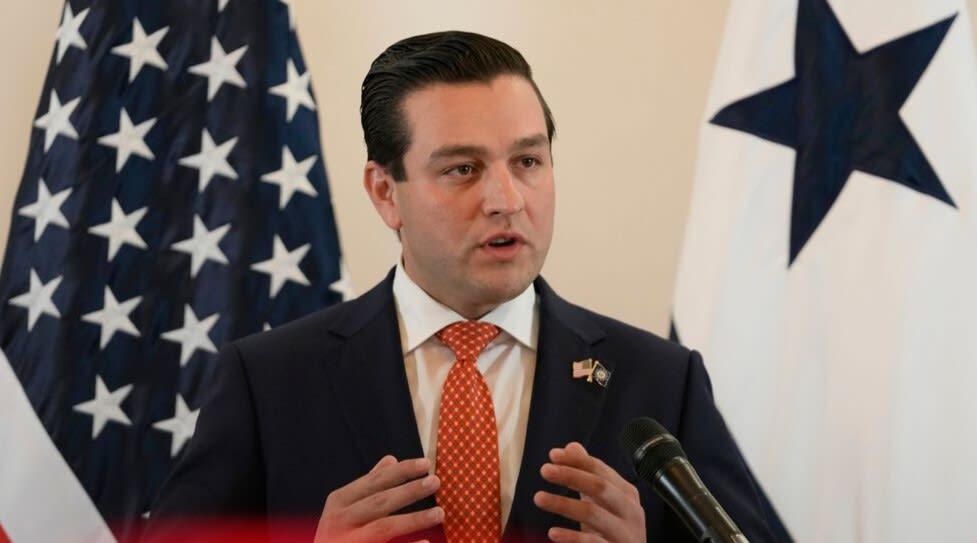The American ambassador in Panama denies the existence of permanent military bases under the new agreement.

The new American Ambassador to Panama, Kevin K. Sullivan, confirmed that the agreement signed between Washington and Panama last April does not involve establishing permanent American military bases in the country, refuting claims made by some local organizations.
This statement was made during a press conference held by Sullivan on Thursday, May 8, from his residence, where he stated: "The issue of establishing military bases is not mentioned anywhere in the agreement," according to the French Press Agency.
The Ambassador explained that the agreement allows the United States to use three air and naval bases in Panama for "training," "maneuvers," and other activities for a period of three years, renewable, emphasizing that it "enhances bilateral cooperation in combating drug trafficking and protects the Panama Canal."
On the other hand, the Panamanian President, José Raúl Mulino, defended the agreement during his weekly media briefing, stating: "This agreement does not include, as we have repeatedly said, any form of explicit or implicit military bases," adding: "There is no abandonment of lands... they are lying."
However, the agreement faced criticism from Panamanian organizations calling for protests, considering it as "violating national sovereignty" and opening the door to the return of American military presence, which raises historical sensitivities in Panama due to the colonial era that ended with the transfer of the Panama Canal administration to the United States in 1999.
Sullivan responded to these criticisms by stating that the agreement "complies with the law," describing many opposing statements as "false," expressing his regret that "this is being used for political purposes."
This agreement comes at a time when President Donald Trump continues to state his intention to "regain" control of the Panama Canal, which he claimed has been "under China's influence" since his return to the White House in January.